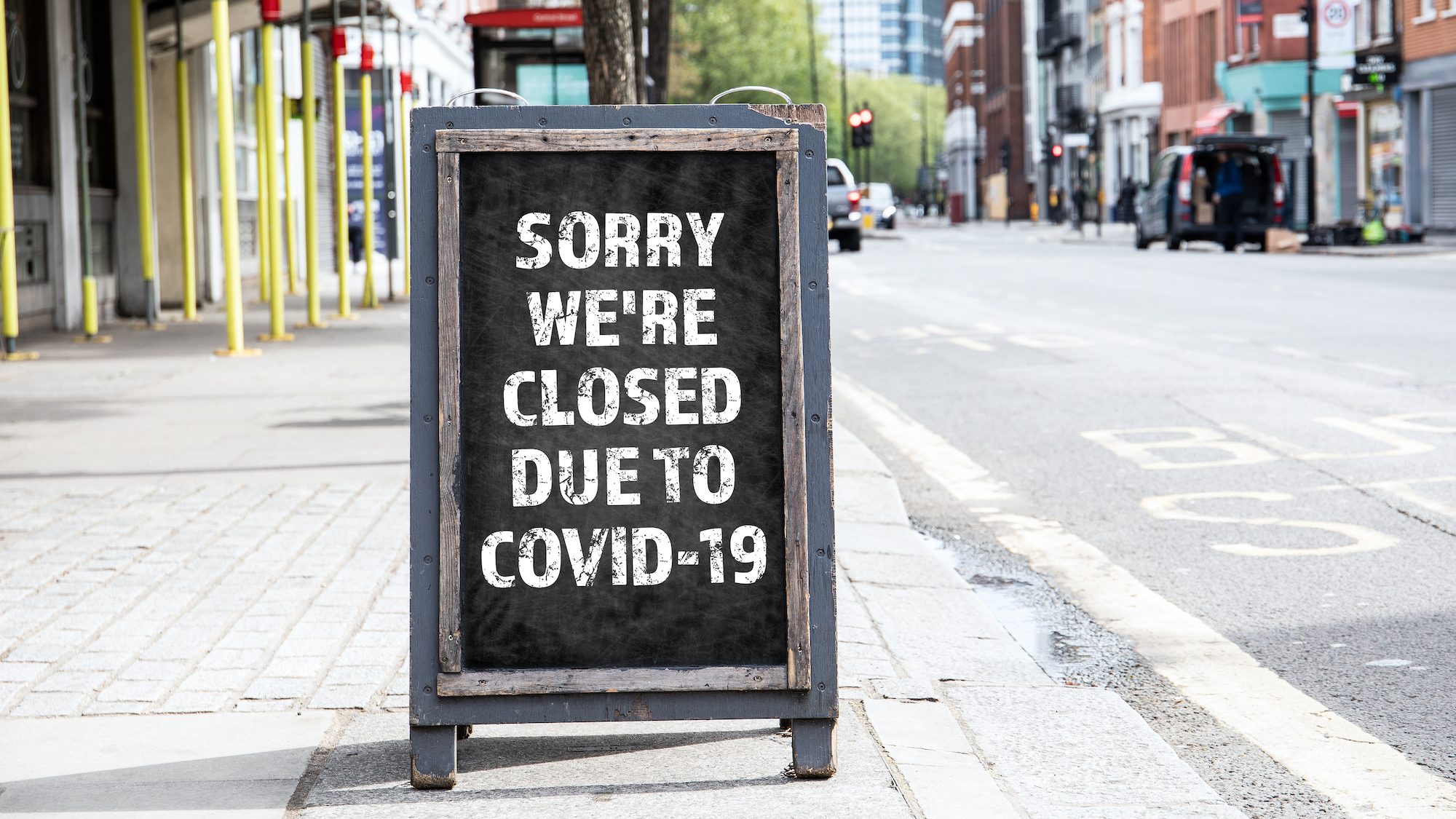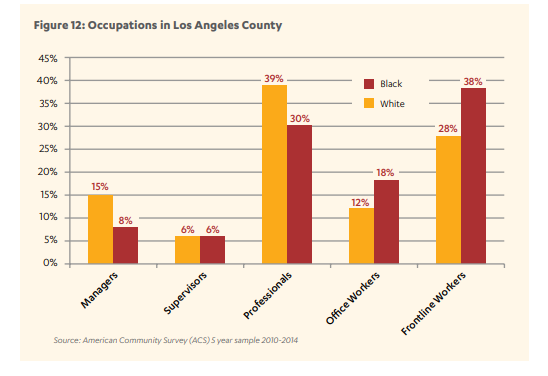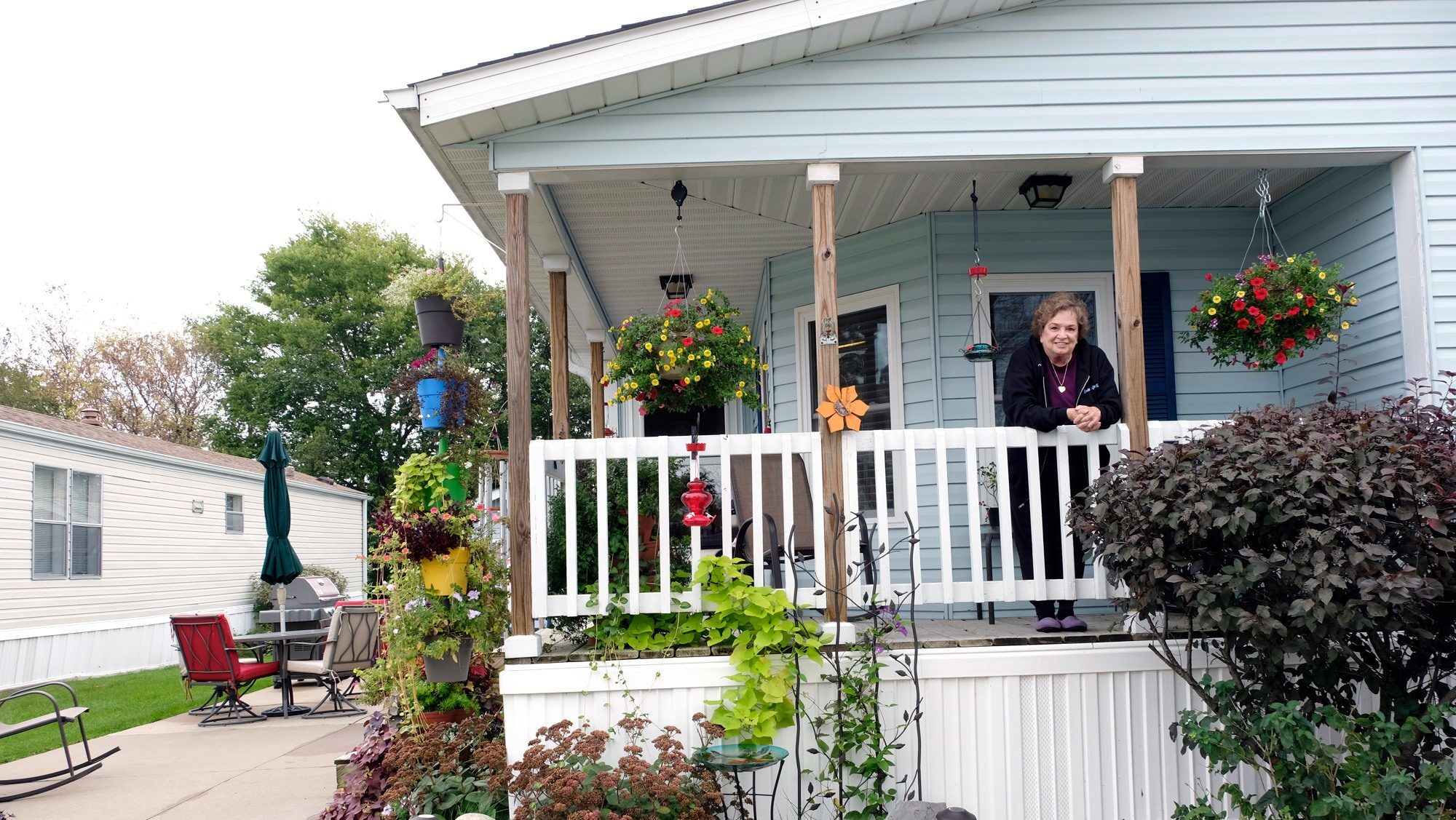
Economic recovery should prioritize health and safety of workers – especially essential workers
In the past few weeks, COVID-19 cases have surged across the United States, including in many states that were among the first to reopen their economies.
The dual priorities of economic recovery and public health have led officials in many states, like California, to scale back what businesses can remain open and under what conditions.
In June, the U.S. unemployment rate remained at Great Recession-era levels at 11%. In Los Angeles County, the rate was even higher — 19.4% compared to a state unemployment rate of 14.9%.
These figures represent only one facet of the economic turmoil Americans have experienced since shelter-in-place orders and social distancing measures disrupted “business as usual.”
COVID-19 is widening the racial divide between workers
Racism is central to the pandemic. Racial disparities are responsible for the higher rates of infection, hospitalization, and death due to COVID-19. They also explain the outsized effects of the crisis on Black and Brown workers. A disproportionate percentage of non-white workers are employed in low-wage but essential jobs — jobs in the retail and hospitality industries.

Source: Ready to Work, Uprooting Inequity: Black Workers in Los Angeles County
Many work at firms that provide few benefits leaving them with no choice but to work, even when doing so may threaten their health or the health of their co-workers. Nevertheless, according to analysis from the California Policy Lab, since the beginning of the crisis, a quarter of Black and Asian workers have filed for unemployment insurance benefits, a rate higher than among whites and Hispanics. In Los Angeles, unemployment is higher in many neighborhoods with large Black populations.
White households have a median net worth 10 times that of Black households and more than 8 times that of Latino households. The racial wealth gap has left Black and Latino households with few reserves from which to weather this crisis. As of mid-May, almost half of Black and Latino adults reported difficulty affording food, housing, utilities, credit card bills or health care expenses due to COVID-19, compared to 23% of non-Hispanic whites.
To make matters worse, many of the policies and programs established to help have not reached those most in need: Black and Latino workers are less likely to be covered by unemployment insurance; the distribution of Paycheck Protection Program loans through large, corporate banks meant that Black-owned businesses were shut out of emergency resources available to other businesses. Many of these businesses and jobs will not return as our economy reopens.
The unequal effects of the COVID crisis on people of color are immediate and, unless policymakers intervene, will result in an increase in inequality moving forward.
A just recovery is the only acceptable recovery
At least for the foreseeable future, Americans will face a hostile and volatile labor market, made worse by the expiration of federal unemployment benefits at the end of July. Businesses that are able to weather shelter-in-place closures will have to adapt to an uncertain economic environment while shouldering new operational costs associated with keeping workers and clients healthy.
The path to recovery is uncertain, but the focus, ultimately, should prioritize the health and safety of workers — especially essential workers frequently exposed to others.
At the federal and state level, advocating for ongoing unemployment benefits and getting cash to families will allow low-income workers to stay housed and healthy during this crisis. This will also ensure that at-risk groups are not forced to return to work too soon and that sick workers feel secure enough to self-quarantine and help reduce the risk of spread.
Publicly subsidized recovery programs can help businesses survive and workers return to jobs safely. For example, in Los Angeles, a fund has been set up to provide grants to local small businesses and nonprofits shut out of federal assistance, and LA Metro and the Los Angeles County Development Authority have opened up loans targeted at small businesses located in transit-oriented communities affected by the COVID-19 crisis, providing a model for how municipalities can support recovery efforts.
A recovery plan that fails to address the disproportionate effect of this crisis on low-income and workers of color, however, will stall a holistic recovery and further marginalize the communities brought to the forefront by anti-racist activists. Therefore, a just recovery is the only acceptable recovery.



